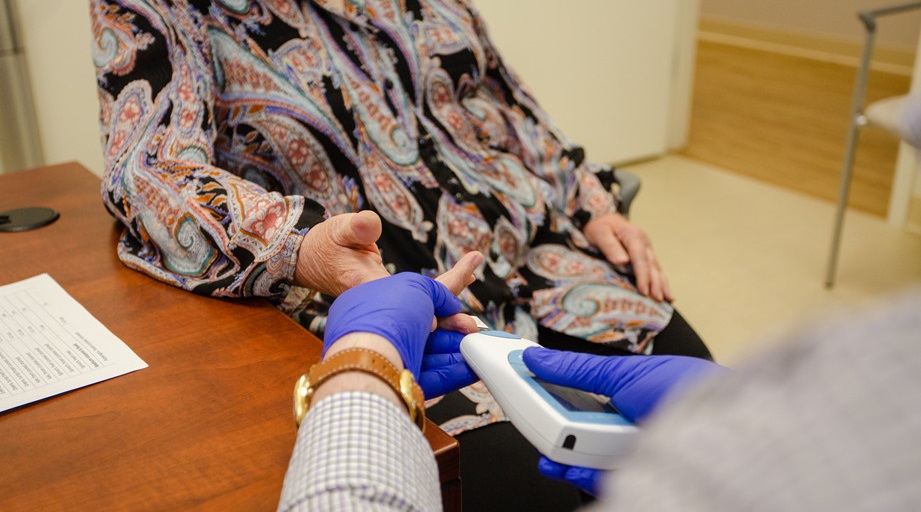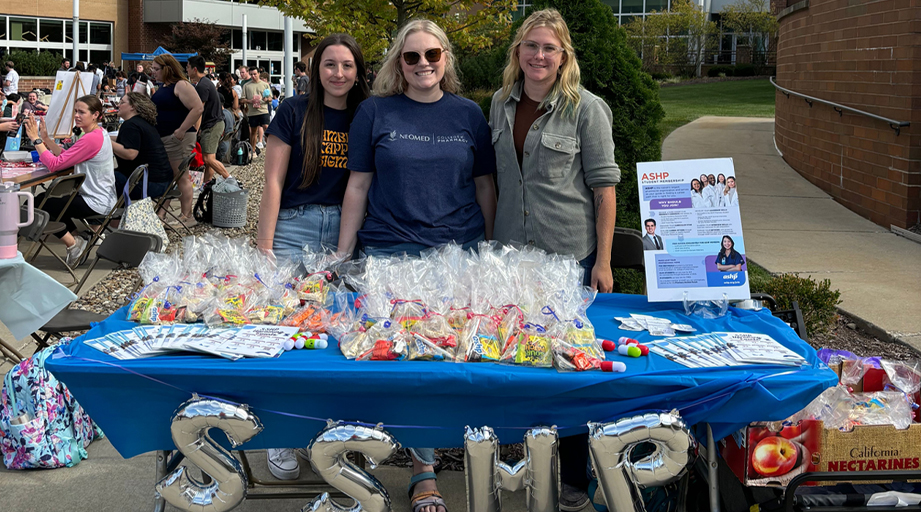
There are more treatment options than ever for patients with diabetes. Injectable medications have transformed blood glucose management for people with type 2 diabetes and for obesity treatment. The artificial pancreas insulin delivery system is no longer a pipe dream. And the first over-the-counter continuous glucose monitor (CGM) device was approved by the Food and Drug Administration in March 2024.
But these developments come with a cost — not only in terms of price tag, but also with the risk of widening health disparities, according to the upcoming ASHP Pharmacy Futures 2024 session More Than ‘Equal’: Navigating the Changing Landscape of Diabetes Care to Promote Care Equity.
Session presenters Morgan Stewart, clinical assistant professor at The University of Texas at Austin College of Pharmacy, and Kristi W. Kelley, clinical professor at Auburn University Harrison School of Pharmacy in Alabama, said pharmacists can help advocate for equitable access in diabetes care and beyond. The presenters previewed some of the session’s highlights for ASHP’s News Center.
A national epidemic
Diabetes affects every health system and healthcare provider in the United States.
- An estimated 38.1 million people have diabetes and 97.6 million have prediabetes. Combined, that’s 52.7% of the U.S. adult population, according to the Centers for Disease Control and Prevention.
- The American Diabetes Association’s Standards of Care in Diabetes are the leading clinical guidelines, especially in the pharmaceutical and primary care settings.
- Individualized treatment plans must help patients meet their glycemic and weight management goals and reduce the risk of cardiorenal and other diabetes complications, while also optimizing quality of life.
Overcoming barriers to care
With the breakneck pace of new treatments and technology, health equity is an especially pressing issue in diabetes care.
- Social determinants of health — such as education, income, access to nutritious foods, and opportunities for physical activity — can affect a patient’s diabetes management and health outcomes.
- The quality of diabetes care lags for underserved populations who can’t access newer tools and treatments. For example, Black Americans, older adults, and people with low income are less likely to be prescribed a CGM, even though they often stand to benefit the most from this device.
- Without intentional effort, health systems may inadvertently perpetuate health disparities. “We can help bridge that gap between quality of care and cost, instead of allowing it to get bigger,” Stewart said.
- Different patients need diverse levels of support to access the best care — the essence of health equity. “These are needs, not wants,” Stewart added.
Where pharmacy can lead
As frontline healthcare providers, pharmacists are well-positioned to optimize patient care through education, relationship-building, and advocacy.
- Kelley encouraged pharmacists to not only learn about new diabetes treatments and tech but to advocate for better access to them. “It’s not just about treating with medications but also addressing those barriers to people receiving care,” she said.
- Pharmacists can collaborate with patients to troubleshoot and identify alternatives when they can’t follow through on their recommended course of care.
- Respectful, inclusive language should be the standard for patient-provider communications in diabetes care and all equitable healthcare. For instance, saying someone has “uncontrolled diabetes” implies the patient has failed instead of the medication. Stating “they are not yet at their goal A1C” is more person-centered and empowering.
Want to know more?
Listen to Kelley and Stewart’s May 18 ASHP podcast for a preview of the session.







